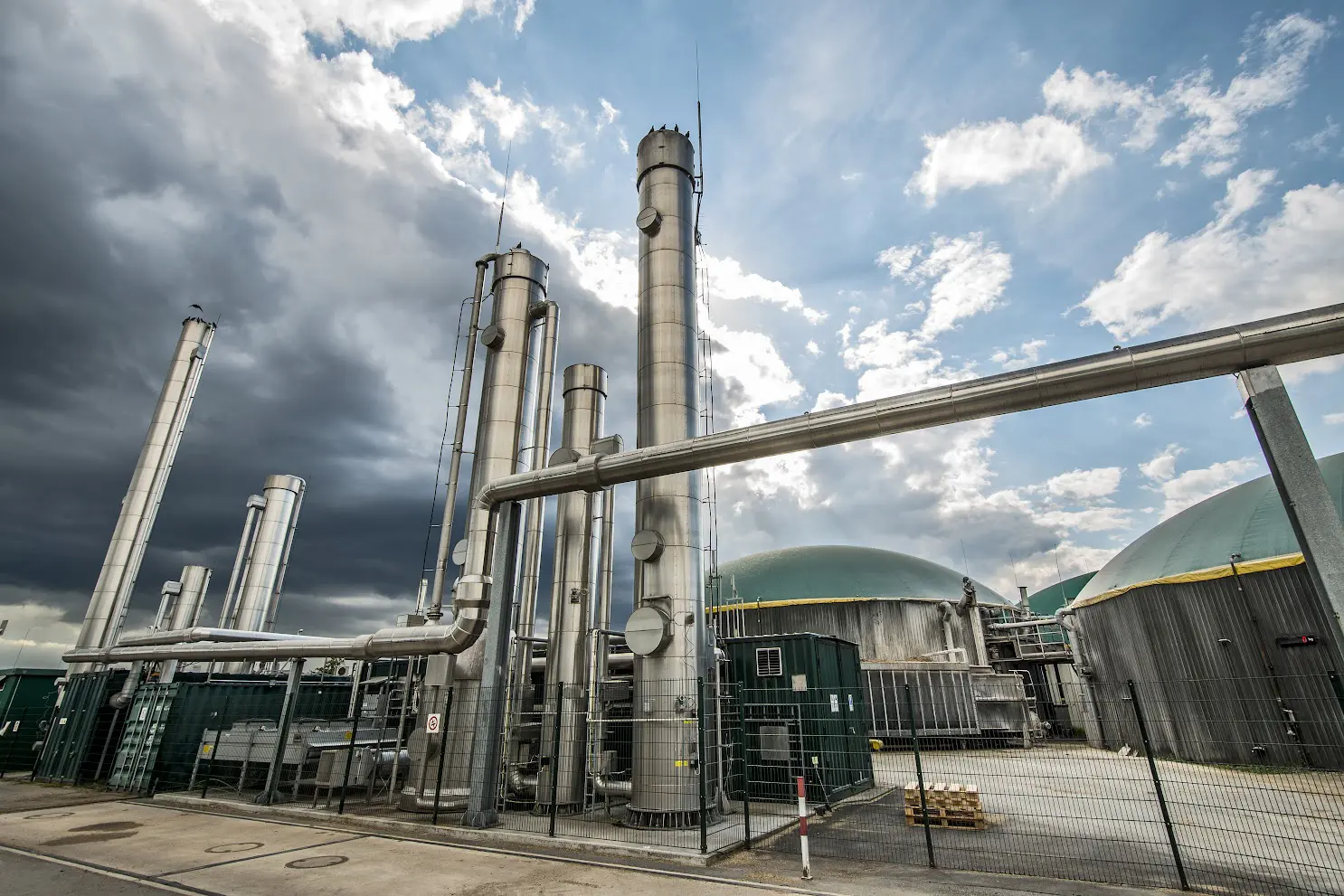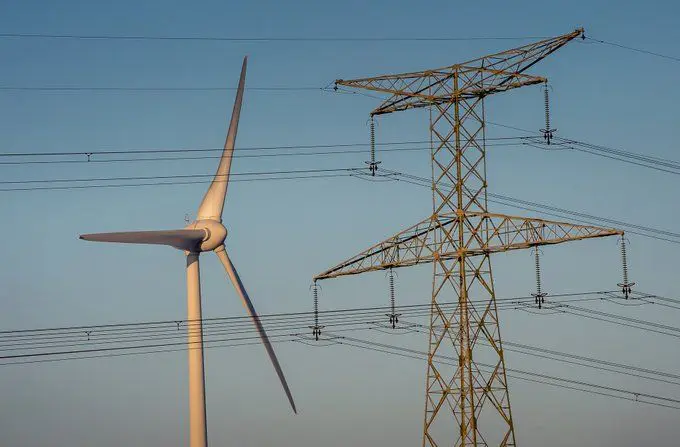La décarbonation de l’industrie : enjeux et possibilités #2

What challenges does decarbonization face?
The Stratégie Nationale Bas Carbone (SNBC) serves as France’s blueprint for addressing climate change. It aims to achieve carbon neutrality by 2050. To do this, industry is being called upon to contribute to the collective effort. In fact, as CO2 emissions are concentrated in certain sectors and at certain sites, the aim is to support the sites identified as the highest emitters.
Decarbonization refers to a series of strategies and technologies aimed at reducing reliance on hydrocarbons (oil, coal, and gas) as energy sources, replacing them with cleaner, more sustainable alternatives. The decarbonization of industry aims to support industry’s investment in equipment and processes that emit less CO2.
The industrial sector must anticipate the transition to non-carbon energy sources if it is to remain competitive. This is both a technical and economic challenge for companies. They need to develop their production processes to match, or even surpass or compete on the global scene. The challenge is to combine economic growth with sustainable development. The decarbonization of industry addresses the challenges of energy and environmental transition, while also driving the modernization of the industrial sector.
What are the alternatives?
The main levers for decarbonization are:
- Reducing energy consumption: focusing on enhanced energy efficiency, undertaking energy renovation projects, and implementing an energy management system (EMS).
- decarbonized energy use: using renewable or non-carbonated energies
- reduction of non-energy greenhouse gas (GHG) emissions
- process electrification: replacing fossil fuel-intensive processes with electrical processes
- deploying natural or artificial carbon sinks: avoid releasing CO2 into the atmosphere
There are many alternatives to hydrocarbons. Companies can transition to renewable energy sources, including solar, wind, hydro, biomass, and geothermal power.
One of the key elements of decarbonization is heat recovery in industry. The aim is to recover the heat generated during process operation. The stakes here are twofold, since heat recovery also makes it possible to adopt a circular economy approach.
How can industry be helped to decarbonize?
Notably, the “France Relance” plan has supported industrial companies in using heat sources that emit less CO2.
Until the end of 2022, an investment support window for energy efficiency improvement projects has been set up. The aim is to make it easy for industrial companies of all sizes to obtain grants for energy efficiency projects with an envelope amounting to less than €3 million.
Eligible projects may receive grants covering 30% to 50% of the investment, depending on the type of equipment and the size of the company. These aid percentages are:
- 50% for a small company,
- 40% for medium-sized companies
- 30% for medium and large enterprises, with aid capped at €200,000 or €1,800,000, depending on the type of equipment and the applicable support scheme.




